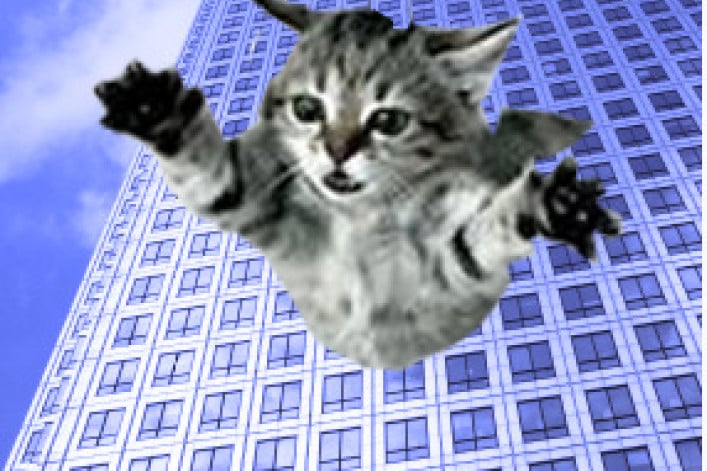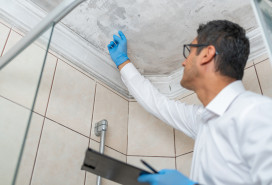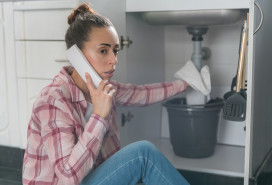High Rise Syndrome: A fall thing

To the uninitiated, High Rise Syndrome sounds a bit like the inevitable headache that comes from working in a corporate tower, a variation of the “sick building” epidemic of the 1990s.
Many apartment-dwelling cat owners know better (or in this case, worse).
High Rise Syndrome actually refers to the phenomenon of felines injured or killed in falls from open windows. Like the real estate market, these accidents peaks in the spring and fall, when the weather is warm enough to open a window but no longer hot enough for air conditioning.
The syndrome is a serious problem in New York City. The ASPCA’s Bergh Memorial Animal Hospital estimates they see an average of three to five cases of HRS each week during the warmer months. Other emergency veterinary facilities cite similar statistics.
Some speculate that cats are “elevator blind." As agile and height-loving as they are, felines simply can’t grasp that they are on the 17th floor unless they actually climb up on their own paws.
Dogs are no geniuses either, but in their case, it doesn’t matter as much: They are simply less likely to be sitting on the windowsill and think going after that bird is a good idea.
(Dog-to-pavement falls are more often the outcome of jumping off roofs—after a ball for instance--while playing there. Do not take your dog off leash on your roof unless it is properly fenced.)
If you have cats in an apartment above the first floor, here’s what you need to know:
- Properly installed window screens (not child proof bars, which cats can easily slip through) are a must. The best screens are built in or permanently installed on a track. Many postwar buildings (and prewars with newer windows) have built in screens installed or the ability to easily install them. Speak to your super or management company.
- If built-ins are not available, an alternative are adjustable screens, available at any hardware store at relatively low cost. But since they are not permanent fixtures, like other critical “protective devices”, they have to be used each and every time a window is opened.
- Make sure everyone in your household and any guests, maintenance workers, babysitters, cleaners, etc., knows the drill. Moreover, windows without screens must be kept closed and locked or, if opened, the cat needs to be placed in another room behind a closed door. (When one of my screens was broken I left a sign on the window saying “Do Not Open This Window” in English and Spanish).
- Don’t assume this is just a high-floor problem. ASPCA and other data show that a fall from fewer than four stories is more likely to be lethal than a longer descent, since cats have the ability to “right” themselves and fall/land correctly. Conversely, cats have been known to survive falls from above 40 stories.
On the brighter side, according to the ASPCA 90% of HRS cases have a happy ending with prompt medical care.
Related posts:
The perfect apartment for your cat
Petiquette 101: Apartment manners for your dog
How to spy on your dogwalker
How to get your dog past a co-op board

























